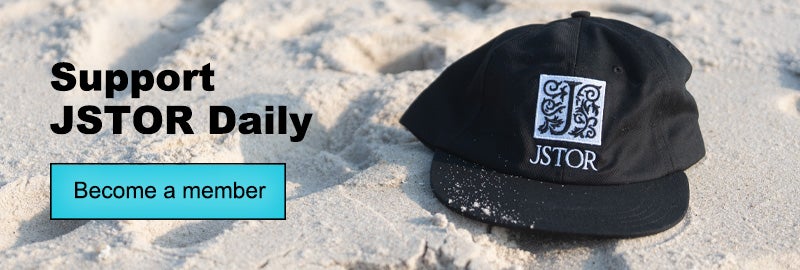Well-researched stories from around the web that bridge the gap between news and scholarship. Brought to you each Tuesday from the editors of JSTOR Daily.
Henrietta Lacks and murky research ethics (Vox)
by Julia Belluz
The release of a new HBO movie on Henrietta Lacks, the source of the first “immortal” cell line, raises bioethics questions about donor consent for the use of their cells.
A dead whale brings life to the ocean depths (Atlas Obscura)
by Kevin Litman-Navarro
When a whale falls to the ocean floor, it does amazing things to an ecosystem that generally does without vital nutrients. To learn more about the most mysterious places on earth, scientists sink the cetacean carcasses themselves and then watch the feast.
Yes, allergies mess with your mind (New York Magazine)
by Cari Romm
When there’s a lot of pollen in the air, does your brain feel as congested as your nose? Research finds there’s a reason.
What Syrian refugees think of attacking Assad (The Washington Post)
by Dana M. Moss
In many cases, exiled nationalists have helped push for hawkish international responses against “illegitimate” governments of their homelands. But a sociologists finds previous examples don’t quite line up with the current situation with Syrian refugees.
How to stop pain (Wired)
by Erika Hayasaki
A man has never felt pain, even when he broke his spine. A woman’s skin feels like it’s on fire all the time. What can people at the extremes teach us about pain? And could the results free the country from dangerous pain drugs?
Have you seen a story online that does a good job of bridging the gap between the news and scholarship? Or something that seems particularly well-researched? Let us know and we may include it in next week’s roundup. Email us at jstordaily_submissions (at) jstor (dot) org.






